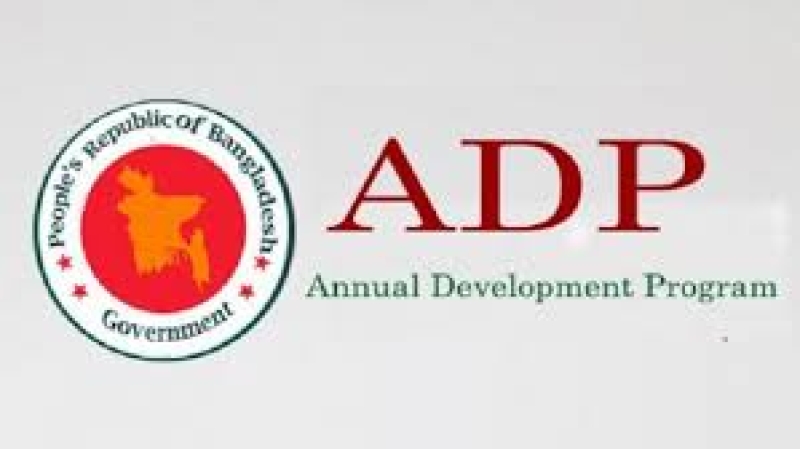- UNGA urges renewed int’l efforts for a resolution of Rohingya crisis |
- First National AI Readiness Assessment Report Published |
- China calls for implementation roadmap for new finance goal |
- New gas reserve found in old well at Sylhet Kailashtila field |
- Revenue earnings shortfall widens in October |
Govt to Fast-Track ADP Implementation to Boost Economy

Annual Development Program (ADP)
The interim government has taken decisive steps to fast-track the implementation of the Annual Development Programme (ADP), aiming to stimulate the flow of funds within the economy.
In a bid to accelerate progress, the government has prioritized projects approved under its administration since it assumed office on August 8. This move was endorsed at a recent meeting of the Executive Committee of the National Economic Council (ECNEC), chaired by Chief Adviser Professor Muhammad Yunus.
The decision comes in response to the historically low ADP implementation rate of just 8 percent in the first four months of the 2024-25 fiscal year, a sharp decline from previous years. According to sources from the Planning Commission, directives have been issued to ensure faster execution of these projects moving forward.
Planning Adviser Dr. Wahiduddin Mahmud, addressing reporters after the ECNEC meeting, emphasized that the government is committed to rapidly implementing approved ADP projects to increase the implementation rate by the end of the current fiscal year. "We are confident that with this approach, the implementation rate will improve significantly," he said, stressing that the execution will be conducted with due diligence to ensure quality and accountability.
The government has also made it clear that only high-quality, innovative projects free from corruption will be prioritized. Special attention is being given to ensuring transparency in all phases of implementation, including the selection of contractors, to avoid the irregularities that plagued previous administrations. The interim government has expressed concerns over inflated project costs under the previous Awami League government, which led to inefficiencies and corruption in project execution.
The move to streamline and focus on high-impact projects is intended to minimize the wastage of public funds, reduce corruption, and ensure that fewer, but more carefully managed, projects are undertaken. "We will scrutinize every project carefully. Only those projects with new project directors, who are committed to ensuring efficiency and transparency, will be fast-tracked," Dr. Mahmud added.
Since taking office in August, the interim government has identified and scaled back several development projects, particularly those deemed politically motivated or poorly managed. This reduction in projects has contributed to the current low implementation rate, which stands at a record low of 8 percent for the fiscal year, according to the Implementation Monitoring and Evaluation Division (IMED) of the Planning Ministry. In comparison, the same period last year saw an implementation rate of 11.54%.
For government entities that fund their own projects, the rate is reported to be higher, at approximately 12-13 percent, according to Planning Commission sources. From July to October of the current fiscal year, the government has implemented projects worth Tk 21,978 crore, as reported by IMED.
In its first ECNEC meeting, the Professor Muhammad Yunus-led interim government also decided to reduce the size of the development budget. The previous administration's approval of a Tk 265,000 crore ADP for the fiscal year 2024-25 allocated the largest share—26.67 percent or Tk 70,687.75 crore—towards the transport and communication sector. With an additional Tk 13,288.91 crore allocated for autonomous bodies and corporations, the total size of the ADP for the year stands at Tk 278,288.91 crore.

